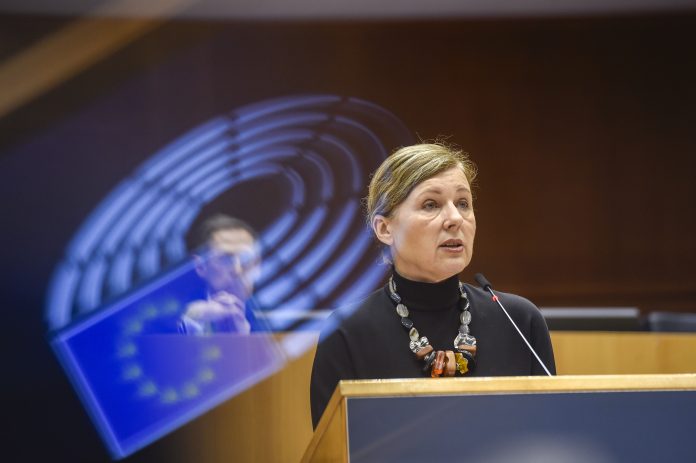Parliament points to worrying trends based on the Commission’s latest findings across the EU and highlights specific concerns in the three member states.
During a joint debate on rule of law issues on Thursday, MEPs discussed with Commission Vice-President Věra Jourová recent events and allegations of democratic backsliding in Greece, Spain, and Malta. They also voted on a resolution comprising Parliament’s assessment of the Commission’s 2022 rule of law report and the overall state of EU values.
Commission’s rule of law report
Parliament’s resolution welcomes the improvements in the Commission’s annual reporting tool, many of which are in line with Parliament’s previous recommendations. However, a number of issues remain. MEPs demand that the scope of the analysis be expanded to cover the entire range of EU values, linking findings to the activation of tools for the protection of the EU’s values and budget, and recognising deliberate backsliding in some countries.
They show particular concern over press freedom and pluralism, and warn that journalists will continue to be at risk as long as institutions do not prosecute exposed corruption. The resolution also regrets the lack of country-specific recommendations related to member states’ unlawful use of spyware, and deplores the continued politicisation of national councils of judiciary in some countries. You can read a more detailed summary of the resolution’s key points here.
The resolution was adopted by show of hands.
Concerns in Greece, Spain, Malta, and across the EU
During the discussion that preceded the vote, many MEPs welcomed the Commission’s monitoring work, but demanded political courage and effective follow-up on findings, including corrective measures, especially in cases where things are not improving or where the backsliding is intentional.
Regarding Greece, the debate focused on judicial independence, corruption, and surveillance of journalists, political opponents, and other persons of interest. In the case of Spain, MEPs discussed judicial independence, legal reforms, and the deadlock in appointing members to the national council of the judiciary. As for Malta, the fight against corruption, the investigations and trials related to the murder of Daphne Caruana Galizia, and the overall political culture of the country were the main contentious points.
Parliament will wrap up the discussion about the situation in the three member states with a resolution, to be tabled during the 17-20 April plenary session.

